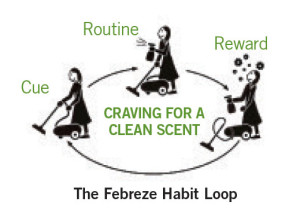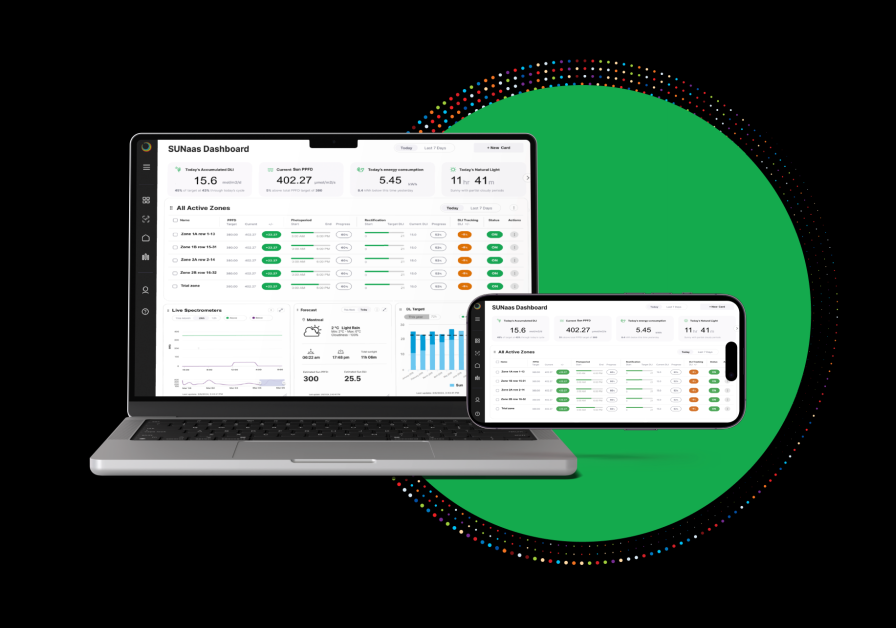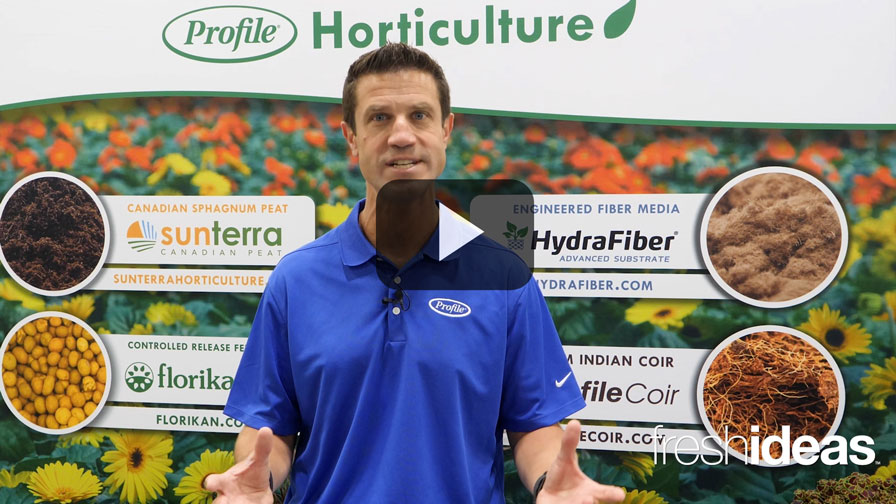Develop New Habits To Change Your Greenhouse Business
Grower Homework: Don’t let your product mix become habit. Opportunities abound for the horticulture industry to evolve its reach beyond traditional plants. People have an inherent need to be in and around nature, and they’re looking for new ways to use plants, even if they don’t know it yet. Let’s study trends and habits to get ahead of the curve and create some new demand. Share your ideas by writing to me at [email protected] or tweet @Laura_GG_TGC.
Over the past few years since I came back to work full time, I’ve been studying habits, and admittedly trying to change my own. As a full-time, working, married mother, I’m still getting used to the challenges of “having it all,” and I’ve reluctantly realized that changing my habits is an absolute must to maintain a sustainable level of sanity and success.
Thus, I’ve been consuming books about habit, and how it plays into daily life. This started about a year ago with The Power Of Habit, by Charles Duhigg, and has continued with a collection of books by authors Laura Vanderkam (168 Hours: You Have More Time Than You Think) and Gretchen Rubin (Better Than Before).
In reading these books, I’ve learned that habits are not only central to successful daily work-life balance, but they’re also pertinent to several areas of business, from developing team members to changing your ideas about your product mix, and even changing the way consumers react to your products.

In The Power Of Habit, Duhigg illustrated these points with real-life examples of individuals and corporations, and how they were successful in changing employee habits, as well as consumer buying habits, all based on the Habit Loop, his theory of how habits work — involving a cue or a need, a routine or habit based on that craving or need and a rewarding outcome. Here are a couple of the main points from the book.
Change your team’s habits to change your business. Duhigg’s example of how former Indianapolis Colts Head Coach Tony Dungy turned the team around to win national championships was a great parallel to our industry, I thought. Previously with the Tampa Bay Buccaneers, Dungy had found success in changing habits of players to visualize their immediate job, rather than the overall play, but when he went to Indianapolis and he instituted these changes there, the outcome wasn’t as rapid.
The difference was belief — the players had to buy in to the idea and believe in what they were doing. Once they did, they became a winning team. And that belief, in my mind, is crucial to the success of businesses in our industry. Belief on every level, in every business. You have to have the buy-in and the belief of every member of your team, to be successful.
Change the way your customers react to your product. Duhigg wrote about the struggle Proctor & Gamble (P&G) had in marketing Febreze when the product first came out. People had become desensitized to the smells in their homes, so promoting the product as a smell eliminator was useless. But when the team began promoting the use of Febreze as the final step to a cleaning routine as a way to make a room smell as nice as it looked, with the added benefit that it eliminated odors, P&G established a new habit in American homes.
Duhigg’s Habit Loop theory plays into our industry, as well. In many ways, people have become desensitized to plants, or plant-blind. We must cater to consumers’ craving for interaction with plants, or perhaps even awaken that craving for being around nature, and develop a cue (need for plants), routine (planting) and reward (excitement and satisfaction over the beauty and benefits that enhance their environment).
We may never be able to make gardening cool again — it could be a pastime that has passed — but we can change the way people think about plants to improve sales. Instead of trying to force gardening and keep promoting the traditional use of plants, we can make them understand all of the benefits that plants provide, from health and wellness to environment, etc., and play into that sense of well-being. We can position plants as essential to life, and create a habit of buying to enhance lifestyle.
My hope for 2016 is that we can work on changing our habits to improve the way we do business, and work on changing consumer buying habits, to grow the industry. I’ll keep reading and share what I learn, and I hope you will, too!










